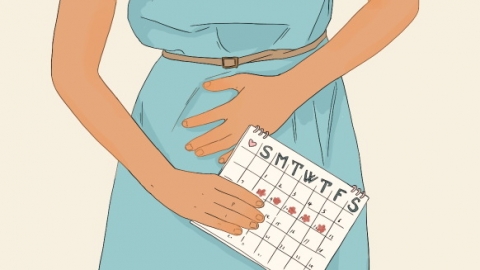How long is it normal for the menstrual period to be delayed after taking emergency contraceptive pills?
Generally, it is considered within the normal range for menstruation to be delayed by 7-14 days after taking emergency contraceptive pills. In some cases, the delay might be slightly longer but should not exceed 21 days. The specific duration varies depending on individual physical conditions and the timing of medication. If the delay exceeds 21 days, attention should be given to the possibility of other underlying conditions. Detailed analysis is as follows:

Emergency contraceptive pills contain high doses of hormones that can interfere with ovarian ovulation and hormonal balance in the body, thereby affecting the menstrual cycle. If taken before ovulation, the hormonal effects may delay ovulation, causing menstruation to occur 7-10 days later. If taken after ovulation, the primary impact is on the state of the endometrium, and menstruation may be delayed by 10-14 days. Most individuals will experience menstruation within this timeframe, with subsequent cycles gradually returning to normal. Factors influencing the delay include individual metabolic rates and the timing of medication. Individuals with faster metabolism eliminate hormones more quickly, resulting in a shorter delay in menstruation menstrual delay.
After taking emergency contraceptive pills, it is important to maintain a regular routine, avoid anxiety, and minimize emotional fluctuations that could further affect the menstrual cycle. Monitor the resumption of menstruation closely, and if irregularities persist, adjusting lifestyle habits may help stabilize endocrine function. Additionally, emergency contraceptive pills should not be used frequently to avoid long-term disruption of the menstrual cycle.






